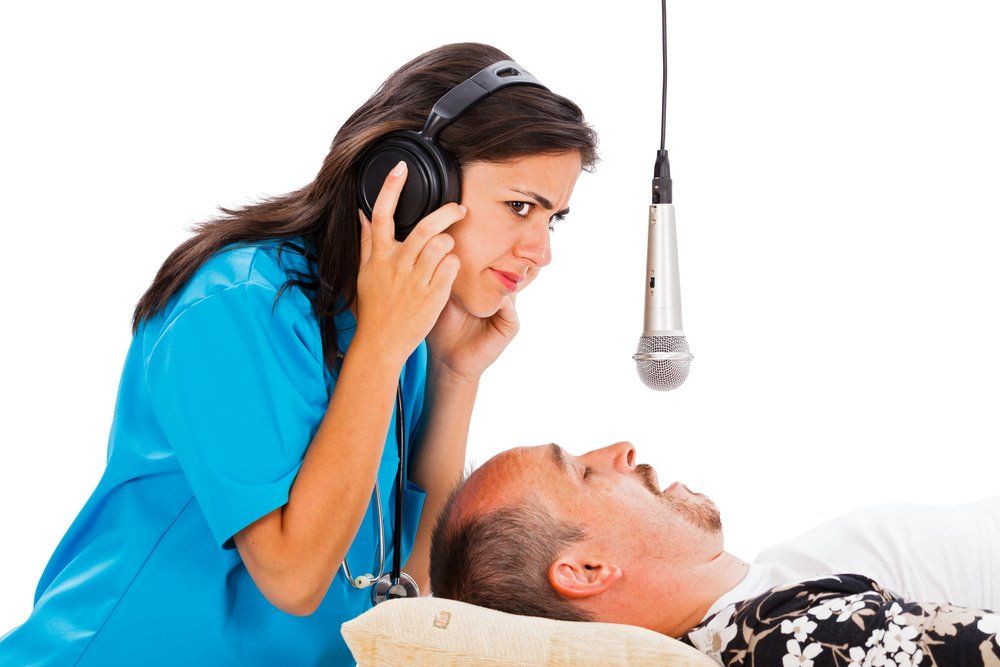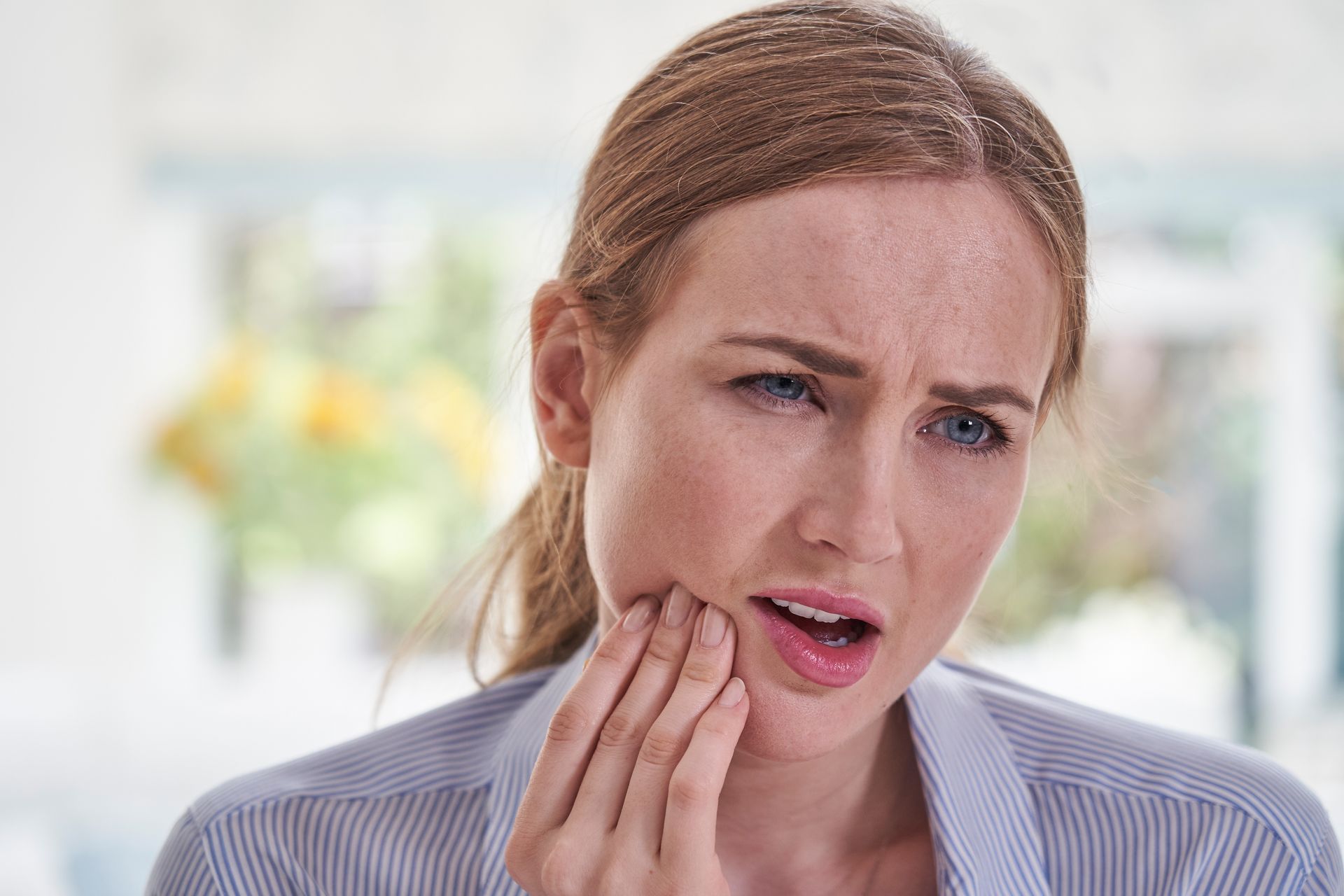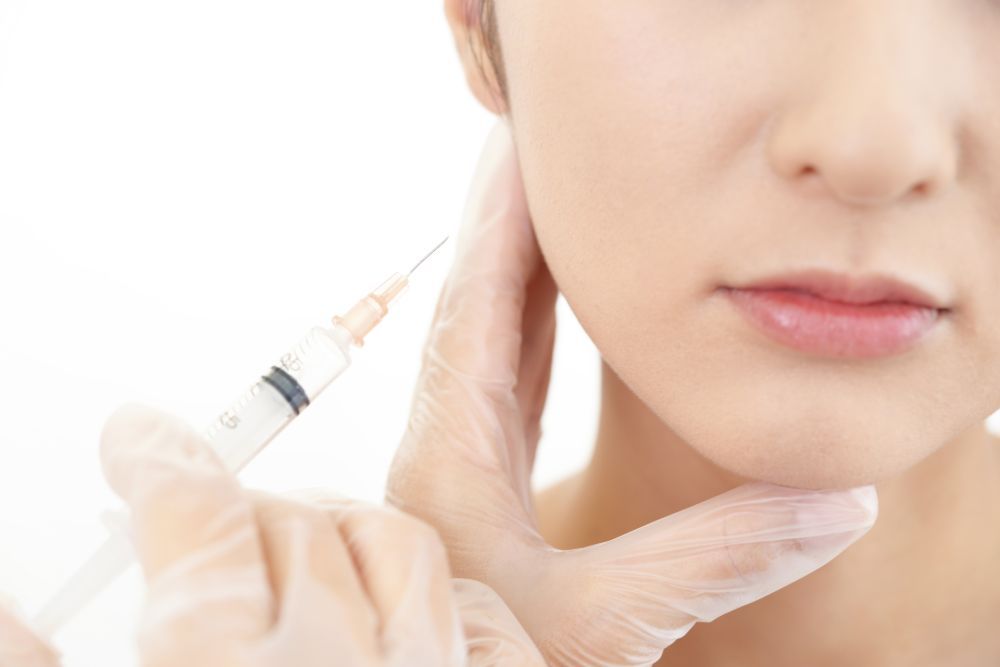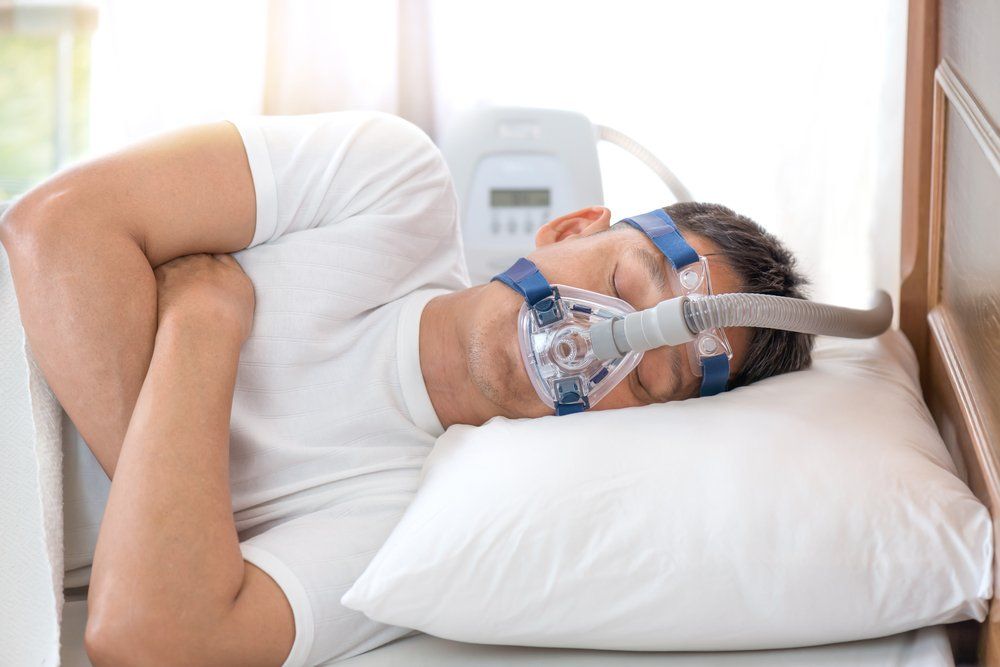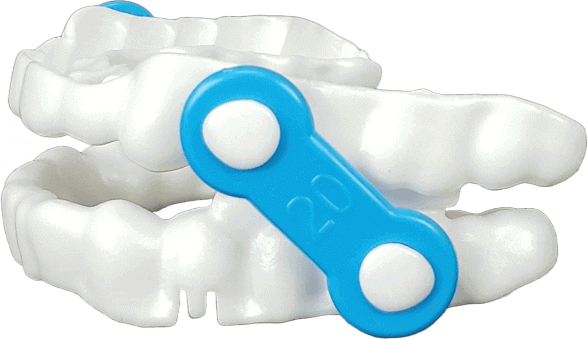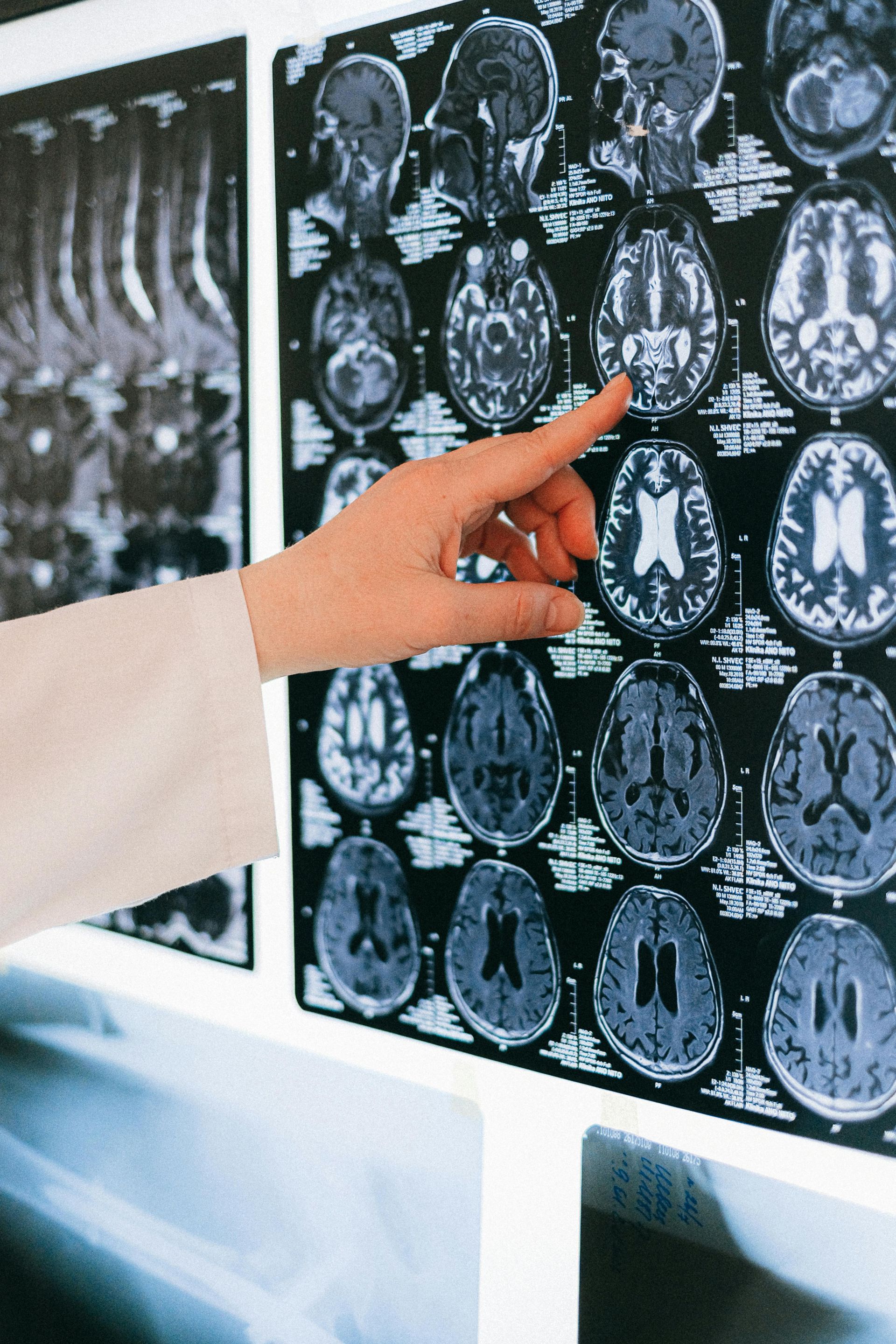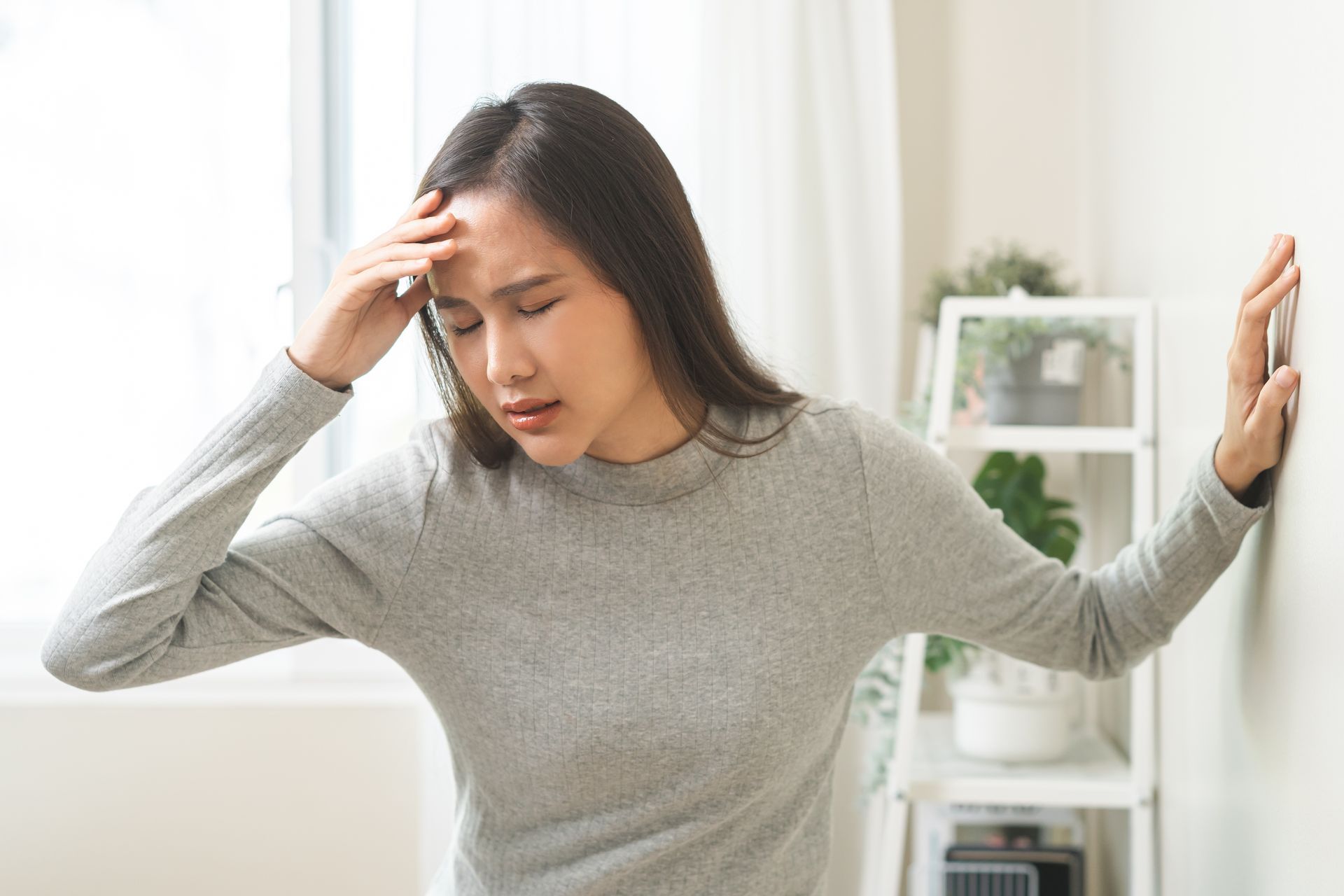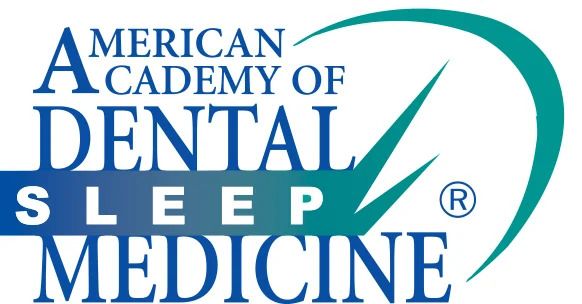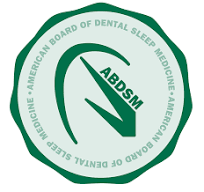What Type of Doctor Should You See for Sleep Apnea
Updated on 09/10/2025
Sleep apnea is a complex condition that can be addressed by a variety of healthcare providers, including primary care physicians, sleep medicine specialists, ENTs, pulmonologists, neurologists, and specially trained dentists. However, many patients with sleep apnea also have overlapping issues such as TMJ disorders, bruxism, or jaw pain and may benefit most from starting with a TMJ specialist trained in dental sleep medicine. These providers bring unique expertise in both airway function and jaw mechanics, allowing them to accurately diagnose sleep apnea, provide customized oral appliance therapy, and coordinate care with other specialists. This dual focus ensures that treatment addresses not only sleep-disordered breathing but also related conditions that may complicate or worsen the problem.
Dr. Katherine S. Phillips and
Dr. Y.C. Joseph FischerHahm of Restore TMJ & Sleep Therapy in The Woodlands are highly experienced TMJ specialists who have devoted their careers to diagnosing and treating complex jaw disorders and sleep-related conditions, including
obstructive sleep apnea. Dr. Phillips brings over a decade of focused expertise in orofacial pain and dental sleep medicine. Board-certified in dental sleep medicine, the past president of the American Board of Dental Sleep, and a respected expert in the field of dental sleep medicine, she has treated thousands of patients and delivered over 8,000 custom oral appliances. Together with Dr. FischerHahm–also a diplomate of both the American Board of Dental Sleep Medicine (ABDSM) and the American Sleep and Breathing Academy (ASBA)--Dr. Phillips leads a patient-centered practice offering sophisticated, evidence-based care tailored to TMD, facial pain, and sleep-disordered breathing, combining advanced diagnostics, personalized treatment plans, and interdisciplinary collaboration to improve patients’ sleep, jaw function, and overall quality of life.
What Obstructive Sleep Apnea Is and Why an Accurate Diagnosis Matters
Obstructive sleep apnea (OSA) is the most common form of sleep apnea, a disorder in which the upper airway repeatedly narrows or collapses during sleep. This obstruction—often caused by relaxed throat muscles, tongue position, or soft tissues—leads to pauses in breathing that can last 10 seconds or more. Each interruption reduces oxygen intake, fragments sleep, and deprives the body of restorative rest, even if the person doesn’t remember waking.
Becausesymptoms like snoring, fatigue, or morning headaches are often mistaken for other issues, OSA frequently goes undiagnosed. Left untreated, however, it can have
far-reaching effects. Chronic oxygen deprivation
stresses the cardiovascular system, raising the risk of high blood pressure, arrhythmias, heart disease, and stroke. It also contributes to type 2 diabetes, obesity, liver disease, depression, impaired cognition, and even earlier onset of conditions like Alzheimer’s disease.
How Sleep Apnea Is Diagnosed
Accurate diagnosis is the cornerstone of effective treatment for sleep apnea. The process typically begins with a medical professional who reviews symptoms, medical history, and medications, and performs a physical exam of the airway, jaw, and related structures. From there, the gold standard for confirming sleep apnea is a sleep study that objectively measures breathing disruptions during the night.
Types of sleep studies may include:
- In-Lab Polysomnography (PSG) Conducted overnight in an accredited sleep lab, PSG records brain activity, eye movements, muscle tone, heart rhythm, airflow, respiratory effort, and oxygen levels. It provides the most comprehensive data and is especially useful for complex cases.
- Split-Night Study. A variation of PSG in which the first part of the night is used for diagnosis, and if apnea is detected, the second part is used to test CPAP therapy and determine appropriate pressure settings.
- Home Sleep Apnea Testing (HSAT). A more convenient and cost-effective option, HSAT tracks airflow, respiratory effort, and oxygen saturation from the comfort of home. While not as detailed as in-lab studies, it is often sufficient for diagnosing moderate to severe OSA in straightforward cases.
Severity is measured by the Apnea-Hypopnea Index (AHI)—the number of breathing disruptions per hour of sleep. Fewer than 5 events per hour is considered normal, 5–15 is mild OSA, 15–30 is moderate, and more than 30 is severe. Studies show that about 60% of patients fall into the mild category, where they may respond well to less invasive treatments.
From Diagnosis to Treatment
When it comes to treating sleep apnea, finding the right provider is key to getting an accurate diagnosis and effective care. Because symptoms can overlap with other conditions, it’s important to see a medical professional who understands sleep-disordered breathing and has the expertise, resources, or specialist connections to guide you toward the most appropriate treatment. The right care team ensures your therapy is both comprehensive and tailored to your unique needs.
Types of Doctors Who Can Treat Sleep Apnea
The types of doctors who can treat sleep apnea include:
Primary Care Physicians
Often the first point of contact, primary care doctors (internists, family physicians, or geriatricians) can identify symptoms and sometimes manage mild cases of OSA. More commonly, they refer patients to sleep specialists or other providers for testing and treatment.
Sleep Medicine Physicians
Trained in specialties such as pulmonology, neurology, or internal medicine, these physicians complete additional fellowship training in sleep medicine. They often oversee diagnostic sleep studies at accredited labs and coordinate medical treatments such as CPAP therapy.
Ear, Nose, and Throat (ENT) Doctors
ENTs evaluate anatomical causes of airway obstruction, such as enlarged tonsils, nasal blockages, or a deviated septum. They may recommend surgical or nonsurgical interventions to open the airway and improve breathing.
Pulmonologists
Specialists in lung and respiratory health, pulmonologists treat sleep apnea when it overlaps with conditions like asthma, COPD, or other breathing disorders. They frequently manage patients who need CPAP or oxygen support.
Neurologists
Neurologists assess sleep apnea when neurological disorders such as Parkinson’s disease, ALS, MS, or myasthenia gravis may contribute. They can determine whether OSA stems from or worsens underlying neurological conditions.
Dentists and Dental Sleep Specialists
General dentists sometimes identify signs of sleep apnea—such as tooth wear from bruxism or jaw alignment issues—but treatment requires specialized training. Dentists with expertise in dental sleep medicine can provide custom oral appliances that reposition the jaw to keep the airway open.
TMJ Specialists with Training in Dental Sleep Medicine
Among dental providers, TMJ specialists with experience in dental sleep medicine bring a unique advantage: they can address both airway obstruction and common comorbidities like TMJ disorders, bruxism, and facial pain simultaneously. Because sleep apnea and TMJ disorders often overlap—nearly three-quarters of people with TMJ also suffer from sleep breathing disorders—this dual expertise ensures patients receive accurate diagnoses and treatment plans that don’t worsen one condition while treating another.
TMJ/dental sleep specialists also work seamlessly with sleep physicians, ENTs, and pulmonologists when needed, providing
oral appliances, jaw stabilization therapies, and coordinated care. This interdisciplinary approach makes them a particularly effective first stop for patients who suspect OSA, especially if they also experience jaw pain, headaches, or clenching/grinding.
Why a TMJ Specialist Trained in Dental Sleep Medicine is a Good Place to Start for OSA Treatment
A TMJ specialist—typically trained in orofacial pain, dental sleep medicine, and/or prosthodontics—offers more than standard dental care. Their advanced diagnostic skillset goes beyond tooth alignment or aesthetics to comprehensively evaluating jaw mechanics, muscle tension, joint function, and airway dynamics. They’re uniquely qualified to detect the interplay between TMJ disorders (TMD) and obstructive sleep apnea (OSA) rather than offering superficial fixes.
Seeing a TMJ specialist first ensures that you're not treating symptoms in isolation. Since TMJ dysfunction can contribute to airway collapse—and vice versa—addressing the jaw and airway simultaneously is critical to long-term relief and restored sleep quality. By focusing on root causes, employing advanced diagnostics, and coordinating collaborative care, a TMJ/dental sleep specialist sets the foundation for truly comprehensive and effective treatment.
Here are 3 more reasons why a TMJ specialist with training in dental sleep medicine is a good place to start for your sleep apnea treatment:
1. Expert coordination of treatment pathways.
A TMJ specialist with dental sleep medicine credentials is adept at weaving together a personalized, multidisciplinary treatment approach. In addition to determining if your sleep is suffering from sleep apnea, TMD, bruxism, or snoring, he or she can also help develop and direct effective, personalized treatment. For example, if oral appliances for OSA risk exacerbating TMJ symptoms, these experts can skillfully coordinate treatments, using combined CPAP and splints to stabilize the TMJ first, and then transitioning to a mandibular advancement device as appropriate.
2. Advanced, evidence-based treatment tools tailored to each patient.
TMJ specialists bring a toolkit tailored to root-cause therapies, including:
- Oral appliance therapy (mandibular advancement devices, or MADs), customized devices that reposition the jaw forward, helping maintain airway patency. These are ideal for mild-to-moderate OSA or CPAP-intolerant patients.
- Fine-tuned appliance adjustments, during which specialists continuously adjust the device over 2–6 months to optimize comfort and effectiveness while minimizing side effects like jaw or tooth discomfort.
3. Seamless integration with other healthcare providers.
A TMJ/dental sleep specialist successfully blends expertise with collaboration. Treating both OSA and TMD often requires careful coordination to avoid complications from treatments like muscle relaxants, which can worsen apnea. TMJ/dental sleep medicine specialists routinely partner with sleep physicians, physical therapists, and others to create a comprehensive plan, making them skilled at integrating oral appliances, CPAP, lifestyle changes, or surgical options as needed.
Treat Your Obstructive Sleep Apnea with the TMJ Specialists at Restore TMJ and Sleep Therapy
At Restore TMJ and Sleep Therapy in The Woodlands, Dr. Katherine S. Phillips and Dr. Y.C. Joseph FischerHahm bring decades of combined expertise in orofacial pain and dental sleep medicine to the diagnosis and treatment of obstructive sleep apnea and related conditions. Both are diplomates of the American Board of Orofacial Pain and the American Board of Dental Sleep Medicine, with additional leadership roles in national organizations that shape clinical standards for the field. Dr. Phillips, a past president of the American Board of Dental Sleep Medicine, and Dr. FischerHahm, also a diplomate of the American Sleep and Breathing Academy, have treated thousands of patients. Their board-certified, evidence-based approach combines advanced diagnostics, personalized therapies, and interdisciplinary collaboration to help patients achieve lasting relief, better sleep, and improved overall quality of life.
Your obstructive sleep apnea can’t wait another day.
Schedule an appointment
with Restore TMJ and Sleep Therapy today and take the first step toward better sleep and a healthier future.
-2700x842-1920w.png)




